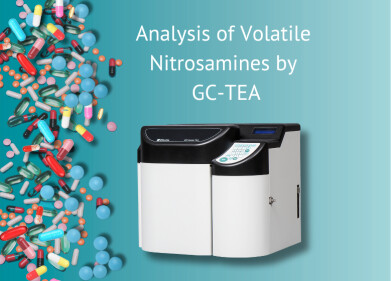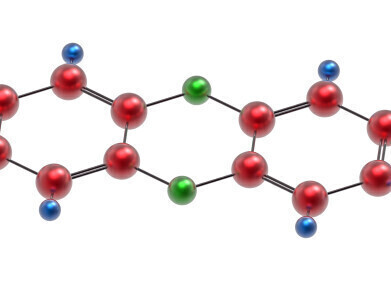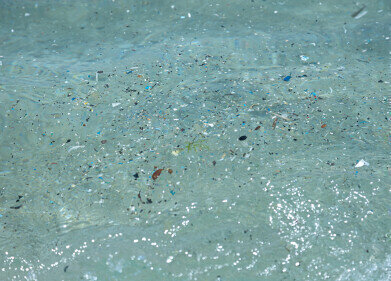GC-MS
From Bronze to Silver; How Chromatography is Upgrading Olympians in Effect
Sep 12 2016
Winning an Olympic medal is a huge honour for athletes. They get to represent their country and also show they’re one of the World’s best athletes in front of millions of people. For some, this can mean that they are made for life — for others it might get them a few free drinks.
But for those who ‘only’ get a silver or bronze medal — how about upgrading that medal? Chromatography has played a part in upgrading the medal of a London 2012 Olympian from bronze to silver. How? Read on to find out.
Revisiting the Olympics
There are a lot of Olympics fans who wish they could revisit London 2012. It was a spectacular event, matched by the home team’s impressive medal haul. For Indian wrestler Yogeshwar Dutt, revisiting London 2012 has become a bit of a reality. An investigation by the World Anti-Doping Agency (WADA) has led to several new doping discoveries.
Using gas chromatography-mass spectrometry (GC-MS) systems, WADA have been able to find even the most minute traces of banned substances. Anything as low as a trillionth of a gram-per-millilitre in urine or blood samples can now be detected. With this ultra-precision, WADA has been able to uncover the use of many prohibited performance enhancing drugs.
Doping scandal
WADA are revisiting the samples after suspicions that Russian officials have been involved in the cover up of ‘state sponsored doping’. As a result of their investigation, they recommended a blanket ban for Russian athletes from competing at the 2016 Rio Olympics. In some sports, such as weightlifting and athletics, this has been upheld, while others have been given partial bans.
In terms of previous competitions, the athletes who tested positive for banned substances have been disqualified retrospectively. Consequently, athletes who were beaten by someone that used these substances have been upgraded. How did this affect Yogeshwar Dutt?
At London 2012, Dutt won a bronze medal in the men’s 60 kg freestyle wrestling. However, the sample of the silver medallist, Besik Kudukhov of Russia, has since tested positive for an illegal substance. So now Yogeshwar’s medal has been upgraded to a silver.
Precise testing
The precision of gas chromatography is something that can be utilised in a range of areas. Liquid Petroleum Gas (LPG) is a fuel produced from gas refinement or crude oil distillation. Standard testing ensures the fuel is not contaminated, during transport and delivery for instance, but this versatile fuel has a new use.
Its latest use in electricity generation technology requires more sensitive testing. Gas chromatography is part of the solution. Along with thermal desorption, gas chromatography can be used to identify volatile and semi-volatile compounds to a more precise degree. Find out more, in ‘The Benefits of Thermal Desorption Coupled with Gas Chromatography for the Analysis of Hydrocarbon Residues in Liquefied Petroleum Gas’.
Events
Mar 18 2025 Beijing, China
Mar 25 2025 Paris, France
Mar 31 2025 Beijing, China
Apr 02 2025 Saigon, Vietnam
Apr 22 2025 Kintex, South Korea














